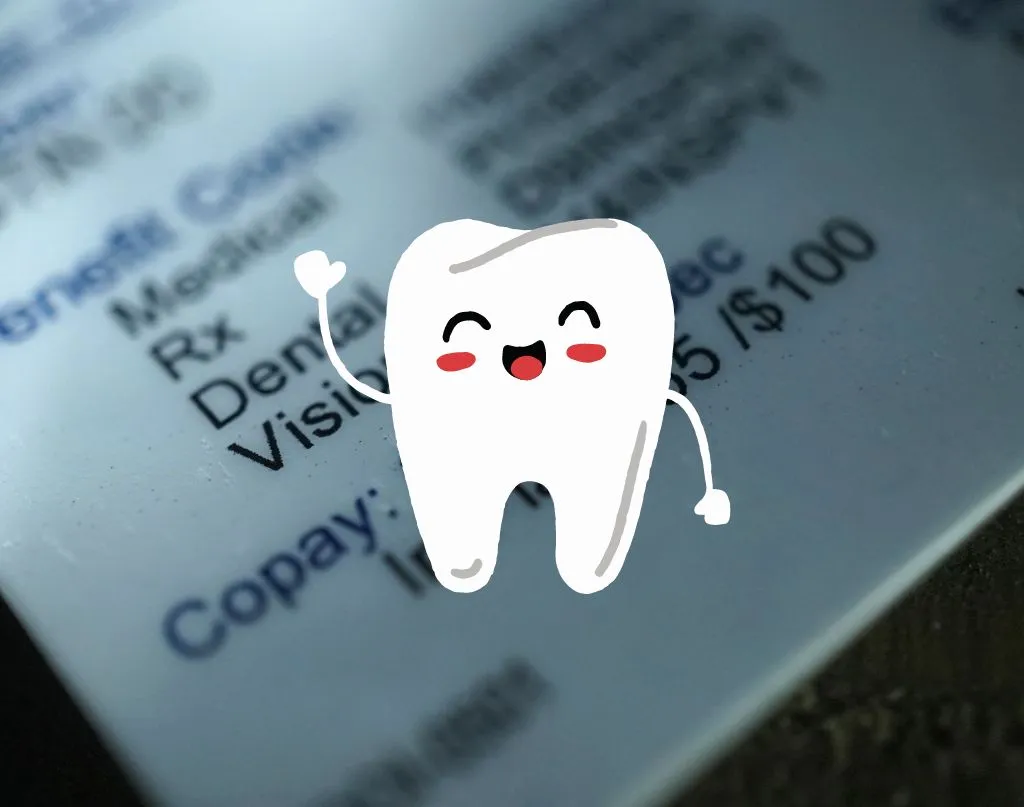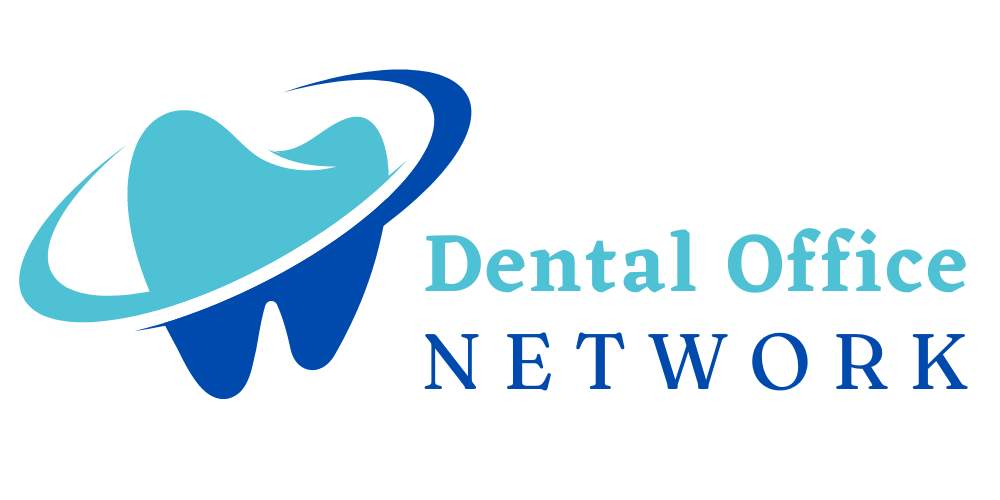Which Dental Offices Accept Medicaid
- Home
- Dental Insurance
- Which Dental Offices Accept Medicaid
Which Dental Offices Accept Medicaid: A Comprehensive Guide
Good dental hygiene is critical to maintaining overall health, but it can be expensive. This is especially true for those without dental insurance or with limited income. Thankfully, Medicaid provides dental benefits to eligible individuals, which can help alleviate some of the financial burden of dental care. However, not all dental offices accept Medicaid as a form of payment. In this article, we will explore which dental offices are more likely to accept Medicaid, what services Medicaid typically covers, and other factors to consider when choosing a dental office as a Medicaid recipient.
Which Dental Offices Accept Medicaid?
Not all dental offices accept Medicaid as a form of payment. However, some dental offices are more likely to accept Medicaid than others. The following are some factors that may influence whether a dental office accepts Medicaid:
Location: Dental offices in areas with a higher concentration of Medicaid recipients may be more likely to accept Medicaid as a form of payment.
Size of the practice: Larger dental practices may be more likely to accept Medicaid than smaller practices.
Type of practice: Community health centers, dental schools, and clinics that specialize in treating low-income individuals are more likely to accept Medicaid than private practices.
Dentist’s personal preferences: Some dentists may choose not to accept Medicaid due to low reimbursement rates or other personal reasons.
It’s important to note that even if a dental office accepts Medicaid, not all services may be covered. Medicaid dental benefits vary by state, so it’s essential to understand what services are covered before seeking treatment.

What is Medicaid?
Before we dive deeper into the specifics of which dental offices accept Medicaid, let’s first define what Medicaid is. Medicaid is a joint federal and state program that provides health coverage to eligible individuals with limited income and resources. Each state has its own rules and eligibility criteria for Medicaid, but there are some general guidelines that apply across the board.
Medicaid covers a range of healthcare services, including doctor visits, hospitalizations, and prescription drugs. Some states also provide dental benefits as part of their Medicaid programs.
What Services Does Medicaid Cover?
While Medicaid dental benefits vary by state, there are some services that Medicaid insurance typically covers. These services include:
Preventive services: Medicaid typically covers preventive services such as cleanings, exams, and X-rays.
Restorative services: Medicaid may cover fillings, root canals, and other restorative services.
Extractions: Medicaid usually covers tooth extractions when they are deemed medically necessary.
Dentures: Medicaid may cover partial or full dentures for eligible individuals.
Emergency dental services: Medicaid may cover emergency dental services, such as treatment for severe pain or infection.
It’s important to note that not all services may be covered in full. Medicaid insurance may require co-payments, and there may be limits on the number of services covered per year.
Other Medicaid Dental Insurance Factors to Consider
When choosing a dental office as a Medicaid recipient, there are other factors to consider besides whether the office accepts Medicaid and what services are covered. Some other factors to consider include:
Location: Is the dental office conveniently located, and is public transportation available if needed?
Hours: Does the dental office offer hours that are compatible with your schedule?
Reputation: What is the reputation of the dental office, and are the dentists and staff qualified and experienced?
Comfort: Is the dental office clean, comfortable, and welcoming?
Communication: Does the dental office communicate effectively with patients and provide information in a clear and understandable way?
Medicaid provides dental benefits to eligible individuals, but not all dental offices accept Medicaid as a form of payment. Factors such as location, size of the practice, type
of practice, and personal preferences of the dentist may influence whether a dental office accepts Medicaid. It’s important to understand what services are covered by Medicaid and to consider other factors such as location, hours, reputation, comfort, and communication when choosing a dental office as a Medicaid recipient.
If you are unsure which dental offices in your area accept Medicaid, you can contact your state’s Medicaid office or visit their website. They should have a list of dental providers who accept Medicaid in your area.
In summary, dental care is essential for overall health, and Medicaid provides dental benefits to eligible individuals who may not otherwise be able to afford it. By understanding which dental offices accept Medicaid and what services are covered, you can make an informed decision about where to receive dental care as a Medicaid recipient.




